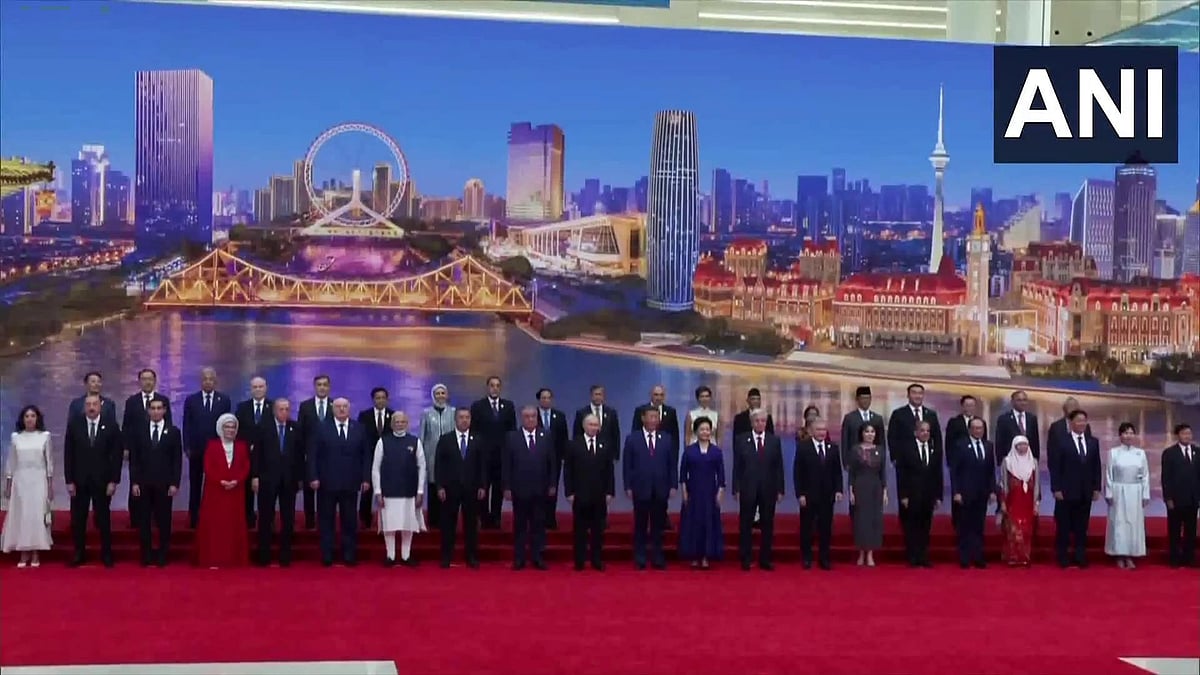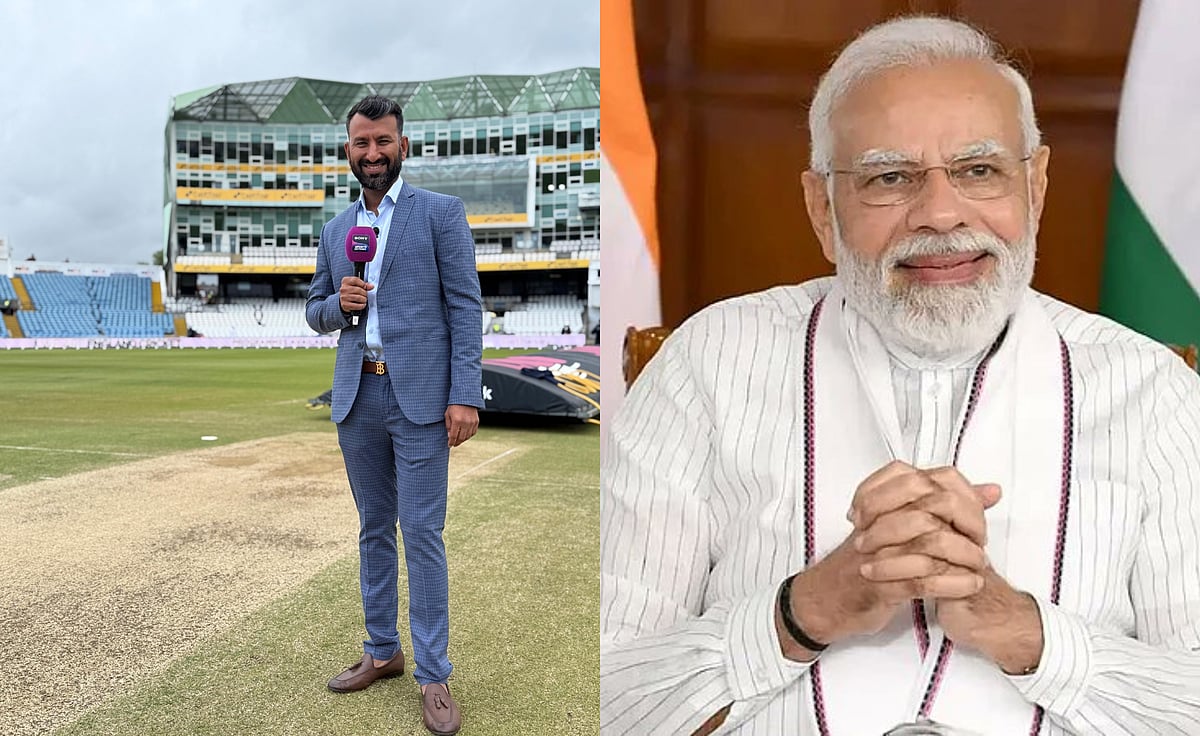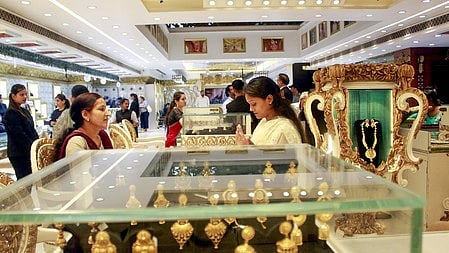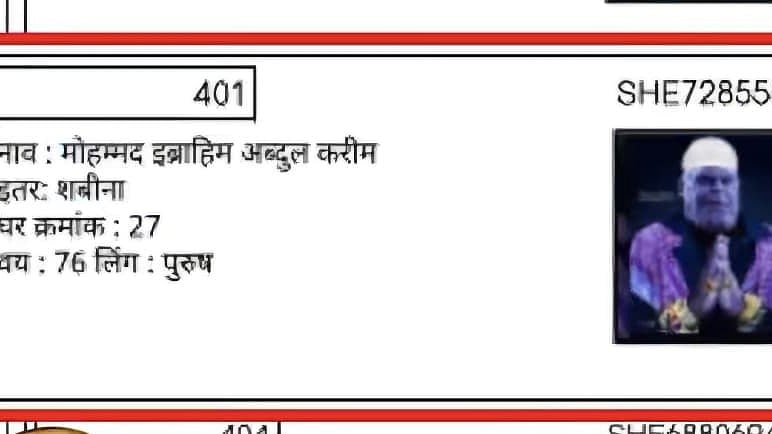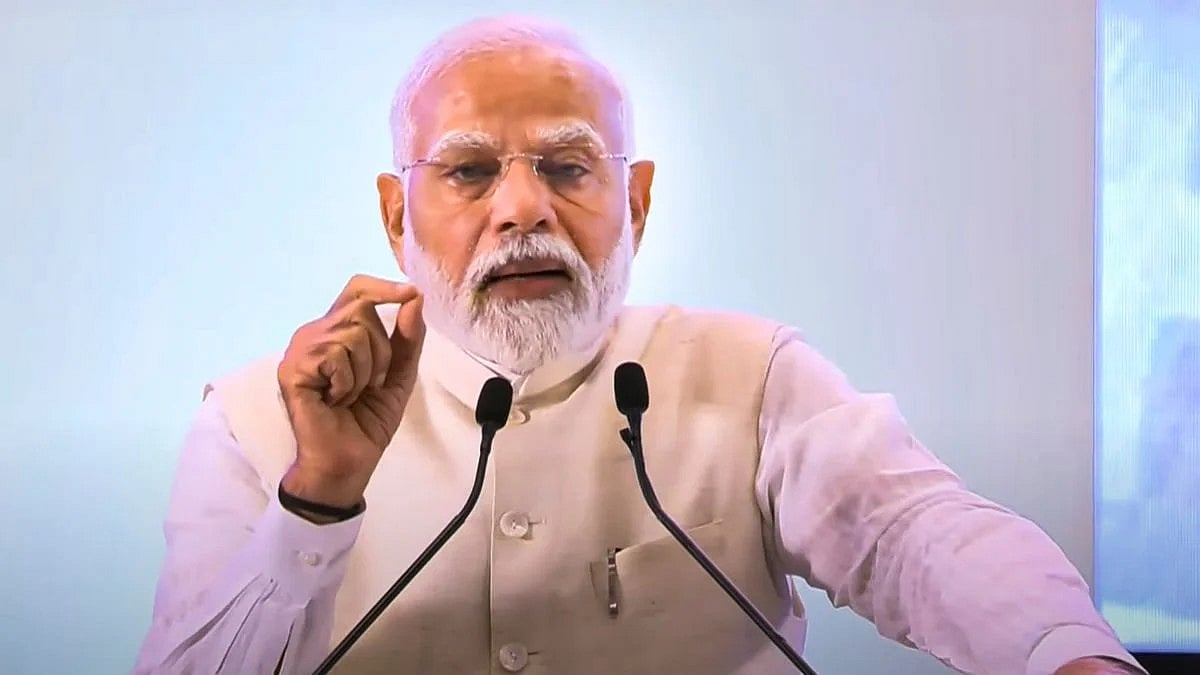Kanhaiya Kumar, the national in-charge of the National Students' Union of India (NSUI), emphasised the importance of truth and ideology in politics at the 14th Indian Student Parliament, organised by MIT World Peace University and MIT School of Government in Pune. Speaking at a panel discussion on the topic “The Ideology of Indian Politics: Left, Right or Beyond Sight,” Kumar argued that Indian politics today is divided into two distinct forms: the politics of power and the politics of truth.
Kumar stated that those who wish to fight against power politics with courage and integrity must adhere to the ideology of truth. He explained that although it may seem tempting to join power politics for a comfortable life, the true path lies in following the principles laid down by leaders like Mahatma Gandhi, Dr BR Ambedkar and Gautam Buddha. According to him, politics devoid of ideology is akin to a body without a soul, unable to stand firm in its beliefs or resist exploitation.

He further added that India's political structure has become a game of manoeuvring, with many politicians treating politics as a science to exploit for personal gain. He criticised the lack of ideological commitment among politicians, pointing out that people must choose their political ideology thoughtfully, as the ideological struggle has always been between power and truth.
Kuldeep Singh Pathania, Speaker of the Himachal Pradesh Legislative Assembly, stressed the need for practical solutions for India’s development, particularly in smaller and economically backward states. He noted that despite the country’s population increasing from 34 crore at the time of independence to 140 crore today, the development disparities between states persist, with many people still struggling for basic needs like food, clothing, and shelter. He concluded by emphasising that the country needs a political ideology based on humanism, rather than just a left or right stance.
Rajkumar Raut, a Member of Parliament, spoke about the weakening of political ideologies over the last decade, citing how personal interests now take precedence over party ideologies. He warned that political parties without a clear ideological base would not survive. He advocated for a focus on poverty alleviation and national development, urging that political leaders, irrespective of their ideology, work towards the betterment of the nation's poorest citizens.
Advocate AA Rahim highlighted the growing economic inequality, with the richest segment of the population controlling a disproportionate share of wealth. He called for policies that benefit the entire population, focusing on the poor and marginalised communities. Rahim emphasised that while political ideologies may differ, humanity should always be at the core of policymaking.

The session concluded with a call for a scientific approach in politics, encouraging young people who aspire to be future lawmakers to adopt a reasoned and informed perspective. Kumar stressed that education and awareness of history, science, and contemporary issues are vital for effective political leadership and the progress of the nation.

